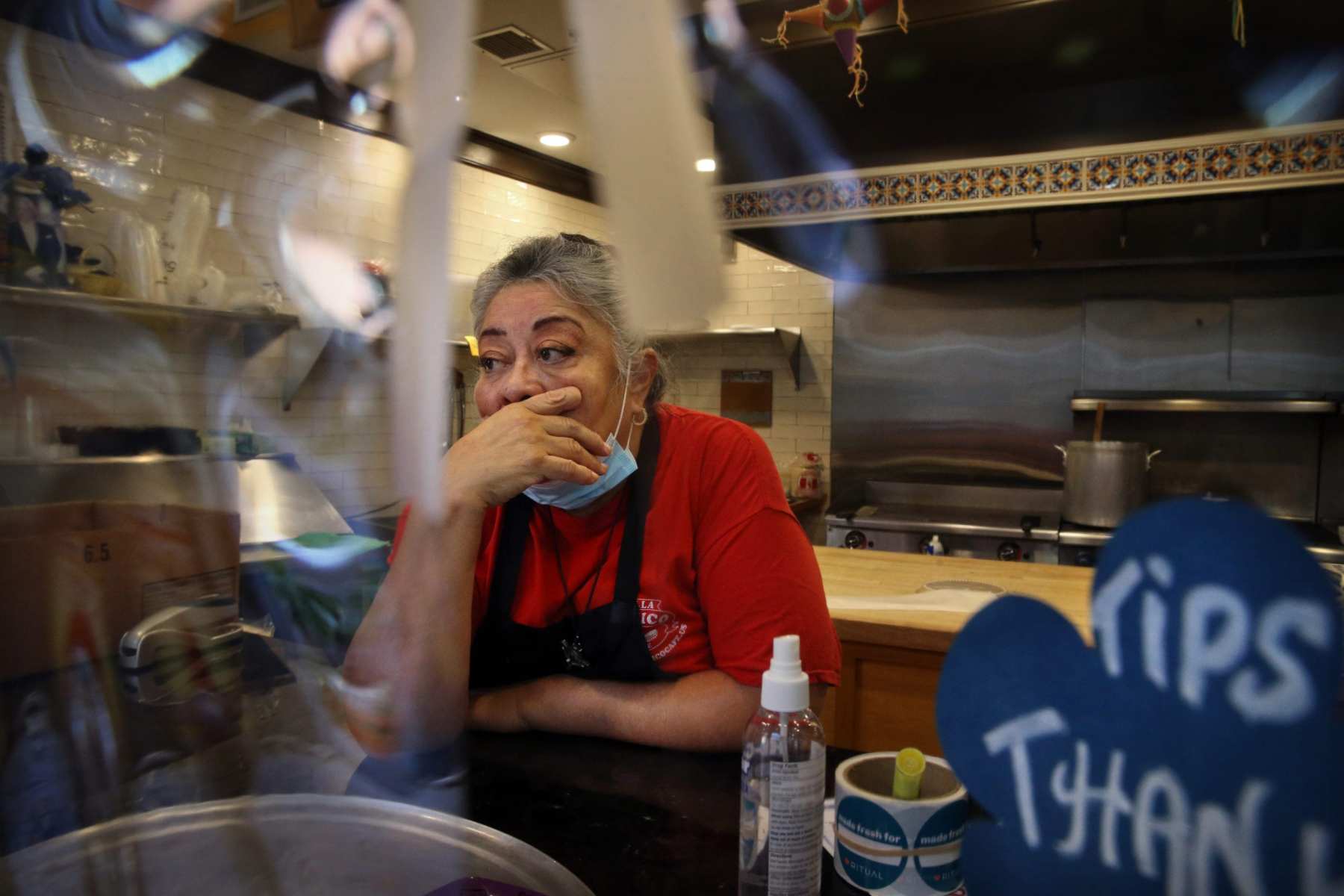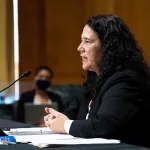After the first rounds of coronavirus relief for businesses shut out many small companies owned by women and people of color, President Joe Biden’s administration is trying to course-correct.
The administration is unveiling a plan this week to ensure that minority communities have better access to current and future funds through the Paycheck Protection Program (PPP), the forgivable business loan program Congress created in March 2020 to offset losses brought by the virus and encourage businesses to retain their staff.
At 9 a.m. Eastern time Wednesday, the Treasury Department will open a 14-day window during which only small businesses with fewer than 20 employees will be allowed to sign up for the loans available through the December stimulus, administration officials told reporters Sunday evening on the condition that they not be named. Congress allocated $284 billion to restart the PPP program at the end of last year. So far, $134 billion has been dispersed to 1.8 million businesses. The window will close March 9 at 5 p.m.
The administration also wants to restructure how the loans are calculated so that smaller businesses get access to more funds. Last year, sole proprietors, independent contractors and self-employed people could access PPP only through a different set of rules that tied how much they got to whether the business was profitable. For other businesses, the Treasury Department used payroll costs as the measure to calculate loan amounts, so businesses that were unprofitable could still get PPP.
Businesses without employees — many cleaning services, Uber drivers, consultants, beauticians — are overwhelmingly owned by women and people of color. About 90 percent of women-owned businesses have no employees other than the owner.
To more equitably distribute what is left of the funds, administration officials said they will also set aside $1 billion for small businesses located in low- and moderate-income areas.
Minority communities were the groups that were structurally shut out of much of the relief when the PPP program was created last year. It was initially structured to provide aid to companies with 500 employees and or less, meaning large employers could qualify for massive loans. It was also distributed quickly — the first round of funds ran out in about two weeks, gobbled up by companies that had existing banking relationships. According to data released by the Small Business Administration last month, 1 percent of PPP borrowers got more than a quarter of the funds. Some 600 businesses got the maximum loan of $10 million.
Women and people of color are less likely to have existing banking relationships, and so many were shut out of those first rounds. But it was difficult initially to quantify exactly who was getting the loans and who wasn’t because there was no requirement in the PPP application to collect data on race or ethnicity and gender.
According to an analysis by IFundWomen, a funding marketplace for women-led startups and small businesses, only 5 percent of the companies that did report the gender of their owner in the PPP applications from last year were women.
To better capture who is getting access to the loans, the Small Business Administration last week changed the location of the demographic question that asks about gender, race and ethnicity and veteran status on the PPP application. It’s now on the first page instead of the last page.
“The change will increase our awareness and capture a higher response rate to better illustrate the impact the Paycheck Protection Program is having across various population segments,” administration officials said.
In the latest round of aid, 43 percent of applicants reported gender, 26 percent reported race and ethnicity, and 35 percent reported veteran status. It’s better than where the program was initially, when very few applicants were answering those questions, but it’s nowhere near the typical response rate between 70 and 85 percent for other SBA loans, officials said.
The Biden administration is also doing away with limitations in the PPP application that largely shut out people of color from even accessing the loans. It plans to remove provisions that bar business owners who had a non-fraud felony conviction in the prior year from obtaining the loans, as well as now allowing those who are delinquent on their student loans to sign up for PPP. The new rules will also clarify that non-citizen business owners who are U.S. residents may use an Individual Taxpayer Identification Number, or ITIN, to sign up for a PPP loan, rather than a Social Security Number.
Additional aid for small businesses is included in Biden’s $1.9 trillion American Rescue Plan, which the House is likely to vote on this week. The plan would add an additional $7 billion for the PPP program, $15 billion in grants for the hardest-hit small businesses, and $25 billion for a new program to help restaurants, bars and other food and drinking establishments — the industry with the most severe coronavirus-related losses and one that is dominated by women.
Administration officials emphasized that passing the relief package would ensure that more businesses — particularly Black- and Brown-owned businesses — will survive longer-term.
The changes to the PPP program, which will apply to remaining funds and any additional funds allocated through the American Rescue Plan, constitute a start for more equitable distribution, officials said, but more work remains to be done.
This week, the Senate will also be considering the nomination of Isabel Guzman, Biden’s choice to lead the Small Business Administration. If confirmed, Guzman would be in charge of overseeing all of Biden’s changes to the program, including for women and people of color.
“We’ve made real strides in ensuring these funds are reaching underserved communities,” officials said Sunday. “We believe we can still do better, particularly at delivering relief to small businesses and low- and moderate-income communities.”






